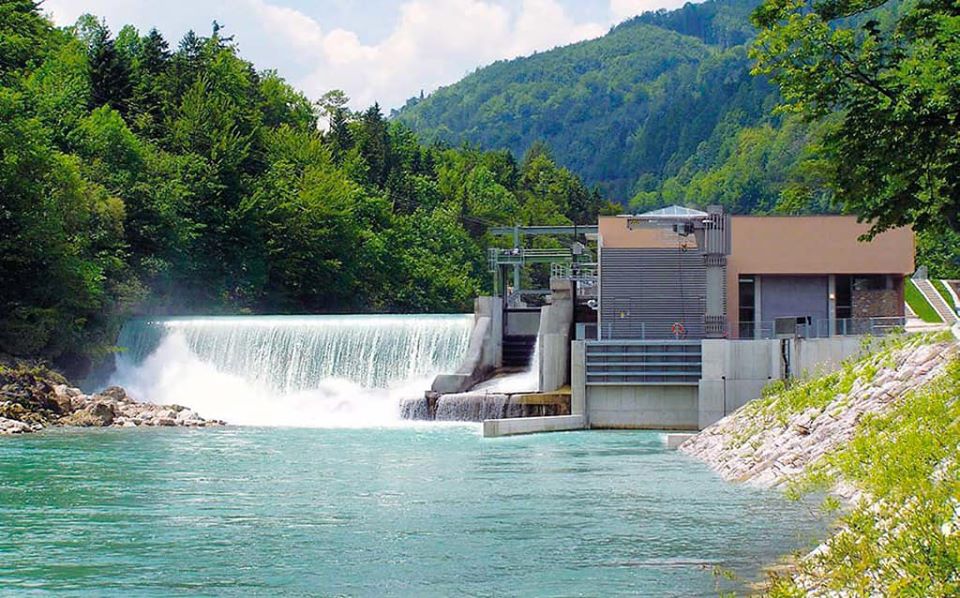There are no products in your shopping cart.
| 0 Items | £0.00 |


NIGERIA'S senate has passed the Electricity Bill 2022 that will now allow states and individuals to generate and distribute electricity under an ambitious programme to confront the nation's chronic power crisis.
In what is a major impediment to its development, Nigeria only generates about 7,000MW of electricity, of which it can only distribute 4,000MW. This is wholly inadequate given that the economy requires about 50,000MW to operate properly and as a result, most Nigerians are reliant on private generators for their electricity.
Due to the inadequate power supply, everyone in Nigeria now uses private generators, which apart from being an environmental hazard, has made electricity very expensive. Nigeria is currently the world's biggest importer of small and medium generators and is the world's second biggest importer of large generators.
Even by African standards, Nigeria's power generation is very poor as Egypt generates 59,063MW of electricity and 58,095MW is generated in South Africa. According to the World Bank over the last decade, a greater share of the global population gained access to electricity than ever before but the number of people without electricity in sub-Saharan Africa increased, with Nigeria being a major culprit.
Senator Gabriel Suswam, the chairman of the senate committee on power, said: “Since electricity is on the concurrent list in the constitution, the bill has allowed state governments to license people who intend to operate mini-grids within the states. This bill also gives legal backing to renewable energy, as if you decide to generate one megawatt of power using solar as an energy source, that is also provided for.
“That is the only way the power problem would be solved, the space is now open and there is little restriction as to who can generate power and distribute it. What is obtainable now is that any power that is generated must be put on the national grid for transmission and distribution.”
During the debate, senate president, Senator Ahmed Lawan sought to know the role and operational capacity of banks that had taken over distribution companies (Discos) indebted to them. Senator Suswam explained that the takeover of the Discos by banks was duly carried out in collaboration with the Nigerian Electricity Regulatory Commission and the Bureau of Public Enterprises.
He further disclosed that the federal government had disbursed $100m to Siemens to kick-start transmission in the distribution end of the power sector. After the passage of the bill, Senator Lawan assured of a quick passage by the House of Representatives followed by assent by President Muhammadu Buhari.
Senator Lawan said: “We believe that this piece of legislation can change the fortunes of the electricity industry in Nigeria for the better.”